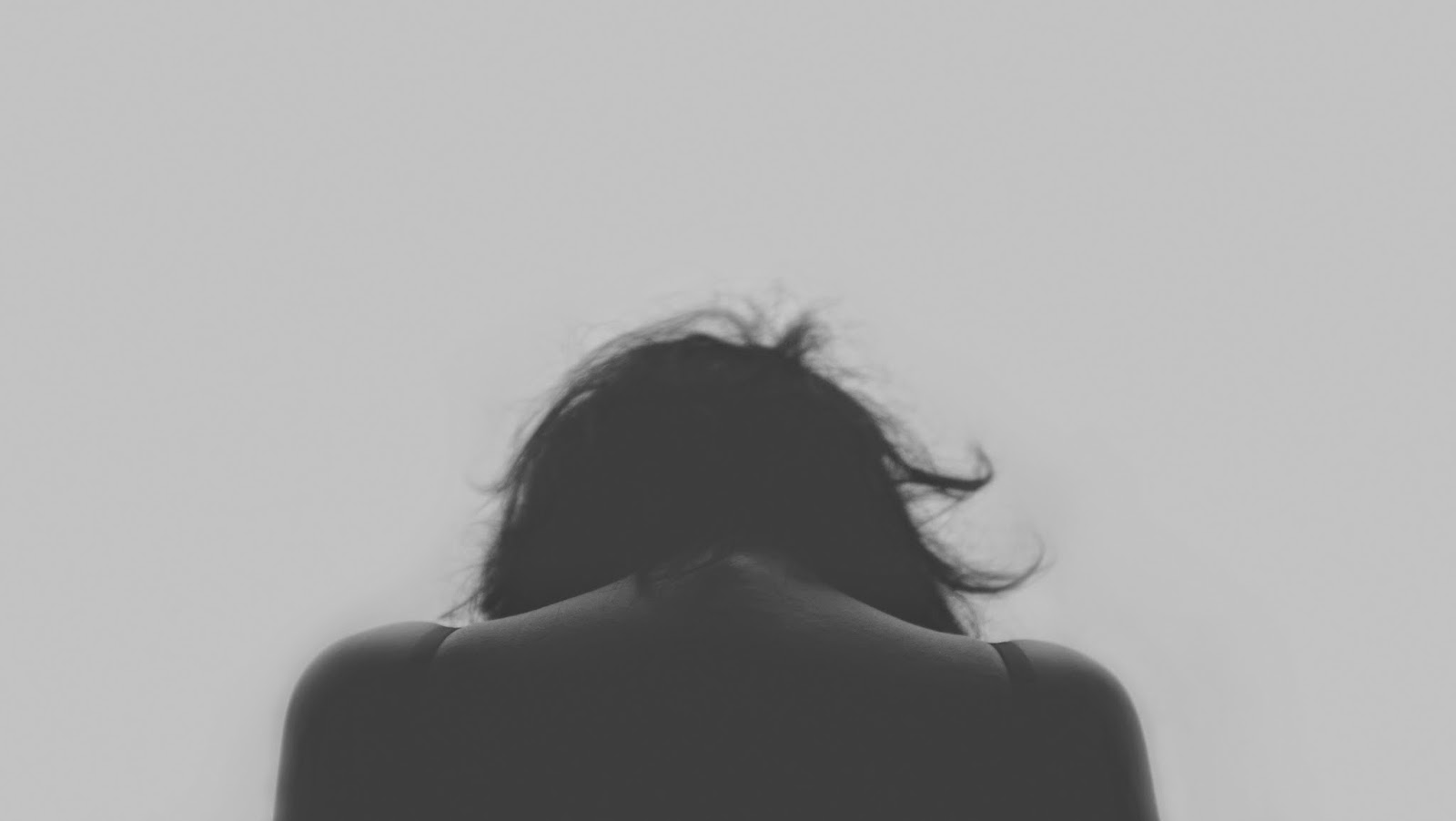Hormone imbalance in certain stages in the course of women's lives is a key source of their blues.
Last March 24, the world was shocked by the Germanwings plane crash that killed 150 people. Lufthansa, the operator of the Airbus A320 airplane that slammed part of the French Alps, admitted that the plane's co-pilot, Andreas Lubitz, struggled with depression. The mental illness was instrumental to prompt him to crash the plane deliberately, killing himself and he rest of the 149 people onboard.
As shown above, depression is a serious mental condition that could lead to tragedy. If left untreated, it is the leading cause of suicide. Around 90% of people who committed suicide clinical depression or another diagnosable mental disorder. Although clinical depression alone is not enough to kill one’s self, it is often attributed as a key factor for committing such heinous act.
 |
| Credit: pexel.com |
- Problems in falling asleep or sleeping too much
- Finding hard to concentrate or to accomplish tasks that were easy before
- Feeling hopeless and helpless
- Cannot get rid of your negative thoughts
- Loss of or increased appetite
- Becoming grumpier or more aggressive than usual
- Excessive drinking of alcohol or doing other unmindful acts
- Nagging thoughts that life is worthless and loss of interest in ordinary activities
Before menstruation. Hormonal fluctuations that take place during a woman's monthly period cause them mood swings during this stage. Worse, some women suffer from premenstrual syndrome (PMS) or its more severe form—premenstrual dysphoric disorder (PMDD) that brings physical and psychological pain to women.
During and after pregnancy. While being a source of joy for most women, pregnancy can also bring depression to would-be and new moms. According to the US Department of Health and Social Service, about 13 percent of pregnant women and new mothers have depression. In another statistic, this time by the American Congress of Obstetricians and Gynecologists (ACOG), around 14 to 23 percent of women will experience a few depression symptoms during pregnancy. After birth, women are prone to "baby blues," the least severe form of postpartum depression, a range of mental conditions that needs medical attention.
Before, during and after menopause. Starting from as early as the age of 30, women experience a gradual loss of ovarian function leading to low hormone levels and infertility. Depression is one of the symptoms of hormone imbalance during the menopause transition years (perimenopause, menopause, and postmenopause).
But don't lose heart. With a combination of a healthier lifestyle, more supportive social relations, as well as medications such as nutritional supplements and hormone replacement therapy (during the menopause transition years), women can cheer up and keep the blues at bay.
No comments:
Post a Comment